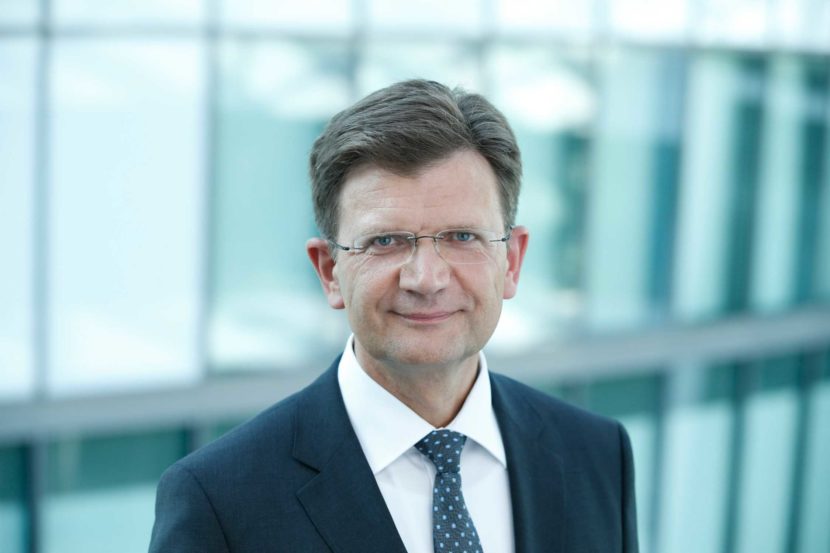
As the rain fell hard on the 24 Hours of Daytona, racing was halted for a weather delay. While that was frustrating for a lot of people in Daytona, during that time we had the chance to sit down with BMW’s Chief of Engineering Klaus Fröhlich, to talk about BMW Motorsport, electric mobility, the new 3 Series and the future of the brand.
One of the first questions we wanted to ask him was about Formula E. The all-electric racing series is becoming increasingly popular and exciting, with more manufacturers throwing their hats into the ring. BMW was one of the first manufacturers to really jump on board with Formula E, so we asked Fröhlich what his feelings on the EV racing series were, five seasons in.
“I think at the moment, it’s a very interesting race concept. Especially [because] it addresses other target groups. And that’s the reason why we think it’s the right format for BMW i. And for me it was also an experiment.” said Fröhlich. “There are race engineers that have developed race eDrives for four seasons and I ask my series development guys to do the same.”
Formula E is an interesting new racing series because it doesn’t have the traditional excitement factors, nor does it have the same target audience, as something like Formula One. So BMW is continuing to learn about Formula E but Fröhlich notes that BMW is happy with the series and how it’s unfolding. “We have to understand the target group. So it’s not normal racing but we’re happy with its beginning.”
BMW’s work in Formula E is also incredibly important for its future of electric vehicles. The Bavarians are currently in the process of developing several new EVs, all of which are scheduled to arrive before 2025. So between electric powertrain technology and battery technology, there’s a lot that can be learned from Formula E that can be transferred to BMW’s series production cars. Fröhlich points out that electric cars also have different impacts on different markets. For instance, EVs and plug-in hybrids are much easier to sell in China because of the stricter regulations, and even ban-days, on internal combustion engine cars.
However, the landscape for EVs changes a bit when you get to certain markets, such as the U.S., where places like California favor EVs far more than anywhere else in the Country. “Here in America, it’s more complex,” said Fröhlich. “For example Tesla — and we should have a look at what we can learn from them — they’ve succeed in a very emotional concept. They did not have a sustainability story, something like we do with our i3, a more emotional than intellectual approach.”
“So what will we do in the U.S.? Of course we will have better electric vehicles. But I want to bring the electric vehicles into the core of the brand,” he said. “The [BMW] i4 for example is very important for me because that’s typical BMW. Everybody understands the size of it, 3 Series-size car. And of course, X cars are very important as well.”
Fröhlich also shares his view on the i4 which will offer different battery packs and a choice between rear-wheel drive and all-wheel drive. “There will be a high spec, like we have the M340i, which will be all-wheel drive and will have a range over 400 miles,” Fröhlich said. “In customer usage, we think the range is between 300km and 350 km (186 – 217 miles), so something like that will be available in an entry car. I’m absolutely sure there will be a market for such car at a lower price point.”
Next for the BMW i division is the MINI electric and the first fully-electric SUV – the iX3. The two are due out in 2020 and are somewhat of a bridge between the current generation of BMW electric cars and the fifth generation platform to be seen first in the i4 and iNEXT.
“From a battery perspective, they are on the fourth generation,” Fröhlich told us. “The MINI [electric] is also using the i3’s e-motor and technology, and that’s the third generation of motors. The iX3 is different, it also uses the chemistry of the battery of the fourth generation, but it’s a pilot for the first derivative of our highly integrated architecture with only one power spec of that modular box. So the iX3 is indeed the first fifth generation e-motor we have.”
One interesting point Fröhlich makes is that the United States market is also the biggest M Division market. So to make electric vehicles more popular and more exciting, he’s working with the people at BMW M to help with electric powertrains. “So I’m working with the guys at Motorsport to make very emotional drivetrains.” said Fröhlich. “Of course, at the moment, you still have the weight penalty of electrification. So we work very hard on energy density.”
Which is why he feels plug-in hybrids have become more attractive in the U.S. market, mostly because of their performance benefits. Rather than have the extra heft of a fully-electric car, Fröhlich claims that plug-in hybrids with electric performance boost are actually more popular in markets like America. “I think if you have 200 horsepower or 250 horsepower, electric, which can give you a boost within some milliseconds then I think it’s really exciting.” he said. “The e-motors will have the torque of a [naturally-aspirated] V8 you put additionally as a booster. So I think we will have emotional cars in the U.S.”
Though, with plug-in hybrids, range always comes into question. While hybrids have the benefit of also using a gasoline engine to give them the range of a normal car, their all-electric ranges are typically not great. So we asked Fröhlich what the acceptable range for a hybrid will be in the near future. “I think the first-generation of plug-in hybrids was quite limited, especially at cold temperatures.” he said. “If you go above 100 kilometers, range is the most expensive part, the chemistry of the batteries is the most expensive part. And also it brings additional weight into the car. So I think there will be a balance [with the] plug-in hybrids that will achieve about 100 kilometers.”
Plug-in hybrids are getting popular in the ‘States, as Fröhlich mentioned. In fact, the BMW 5 Series plug-in hybrid is one of the best selling 5ers on the market right now. However, in many European markets diesel still reigns supreme as the economical choice. So does Fröhlich see hybrids taking over for diesel in these Euro markets?
“We have very clean and very competitive diesels” he said. “I think the current development of diesel is a little bit unpredictable in Europe. The reason? WLTP” He mentions that petrol-powered cars bring a higher CO2 rating, which brings taxes up. So a lot of customers are scared off by petrol-powered cars, even if they’re hybrids, as they prefer the diesel’s cheaper cost.
The natural questioning progression from electric cars is to autonomous driving. Autonomy seems to be the next hurdle for automotive brands to overcome. It’s also one that BMW has been rather hesitant about thus far. With Tesla and its famous Autopilot making big waves early in the world of autonomy, and Audi doing it more recently, it seems as if BMW’s hesitance is putting it behind the curve. So we asked Fröhlich his thoughts on autonomous driving and where BMW stands on it.
“We from the beginning said ‘We have to make a standardization’, because it’s safety relevant.” said Fröhlich, continuing BMW’s hesitance about autonomy when it comes to safety. Being flexible is another important point for BMW and their CTO.
“You have to be flexible. If you look at the Level 3 in the 7 Series [future model] or iNEXT in 2021, you have some thousand dollars piece cost in the car, so it is a high-end option for the customer. So you need to start at the high-end of the range – even X5, then in the second generation in 2024 [when prices go down], we might reach 5 Series and something like that. ”
The BMW CTO mentions an even better Level 2 capability coming in 2021. “The Level 3 will be an option which will have a smaller take probably, but for me, of course, it’s important to do a Level 3 pilot,” Fröhlich. “At the moment, there is a lot of momentum on Level 5 so we have intensified that [development] as well.”
We also asked if there are major production line changes to accommodate the build of autonomous driven cars. “No, for the factory is easy. The problem is more the robustness of the autonomous driving sensors so we have heavily think about other cleaning approaches. Today, when you have a car and you’re driving through the snow, the radar system might not see anything and you can’t do this when you’re going into high level of automation. So we think about cleaning approaches in daily life because we will not only test cars in sunny states.
Another aspect of autonomous driving is the back-end. These autonomous driving systems need “hundreds of millions of kilometers” of back-end testing. So BMW isn’t rushing to get autonomous driving systems on the market just to try and keep up with competitors.
But let’s get back to real life, right now. We asked Fröhlich about the new G20 BMW 3 Series, one of the most exciting cars in the Bavarian lineup. “I was Head of Strategy after 2012, then I took responsibility from 1 Series to 5 Series. The biggest product line we have at BMW,” he said. “I had to realize that customers were not extremely happy with that generation of 3 Series.” He’s talking of course about the F30-gen 3er, which was heavily criticized throughout its life cycle for lacking the sort of dynamics and feel that 3 Series’ always had. He also noted that there were some quality complaint from customers as well.
“The 3 Series is an icon. The icon has to fight back. We have to win all test drives, by far, not only against our direct competitors.” Fröhlich said ab out the new G20 3 Series. He spoke about how he would consistently drive the G20 and tell the engineers what he did and didn’t like, down to specific maneuvers. Another big part of Fröhlich’s goal for the G20 was rigidity. He wanted the chassis to be as stiff as possible, as it is with all new CLAR-based cars. He even talks about how he went back and drove the E46 3 Series after driving this new G20 and realizes that a lot of what we remember being so great on the E46 might just due to nostalgia.
After that, our time with Fröhlich was up, as he was needed elsewhere. However, during that time he increased our optimism for the future of BMW, its technologies and its performance cars.
The article INTERVIEW: We spoke with BMW’s Chief of Engineering Klaus Fröhlich in Daytona appeared first on BMW BLOG
Buy Tickets for every event – Sports, Concerts, Festivals and more buytickets.com
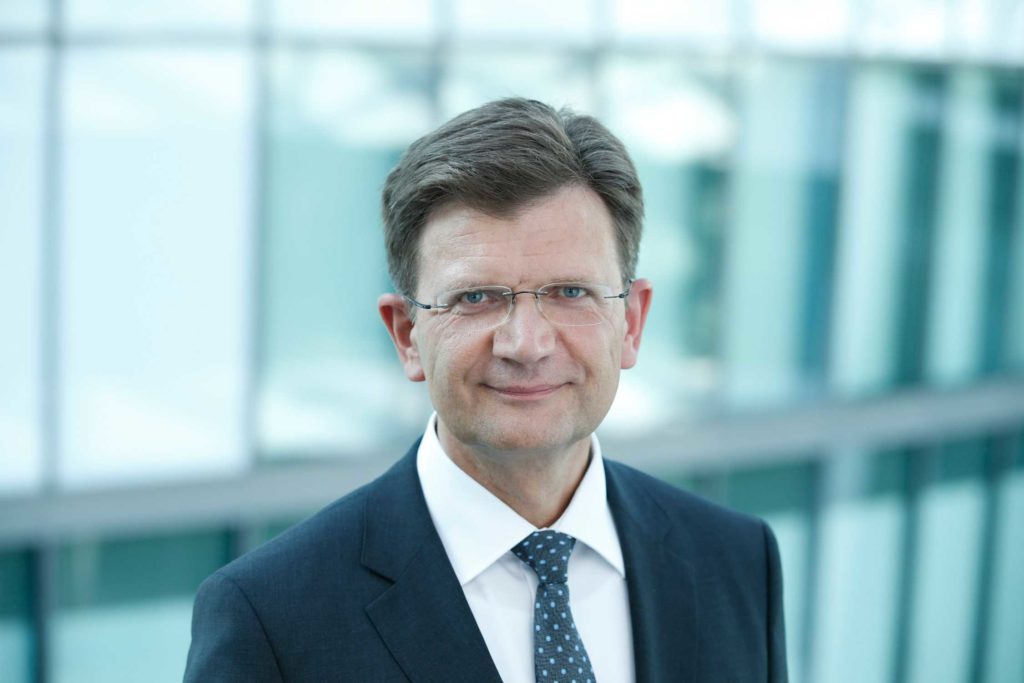
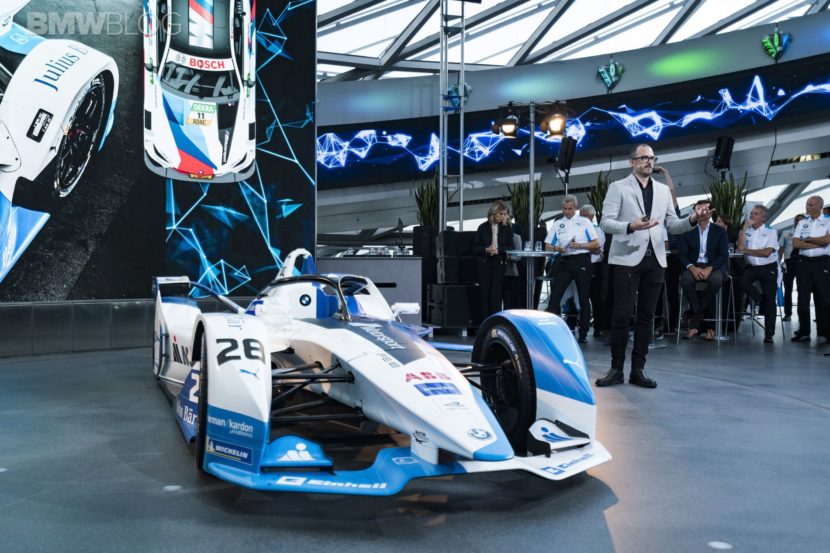
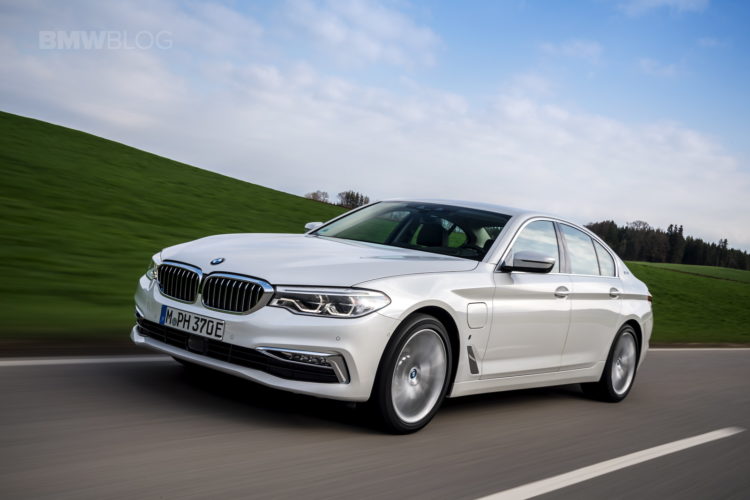
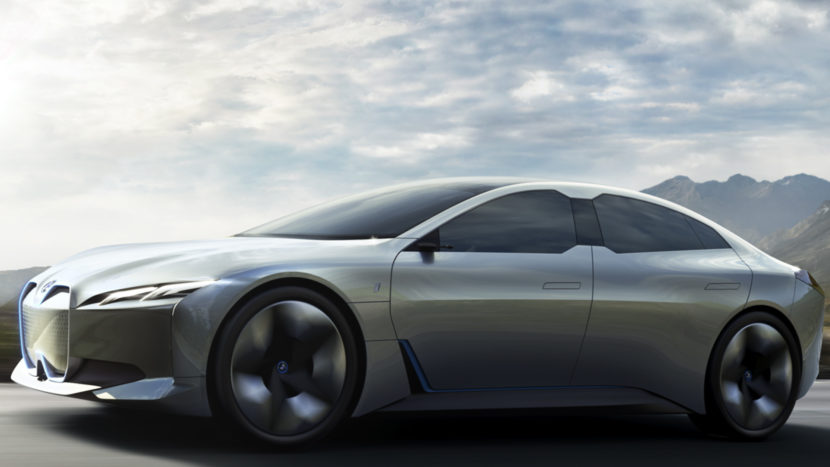
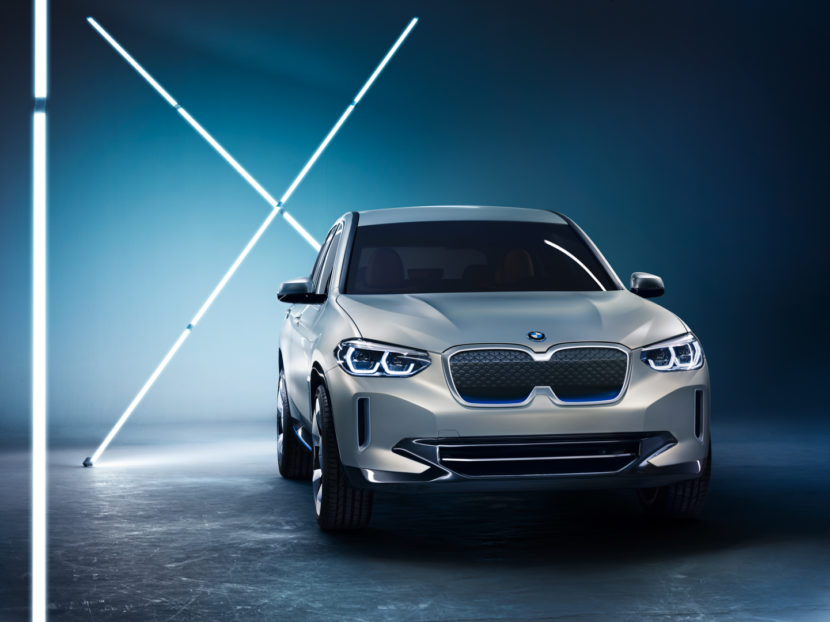
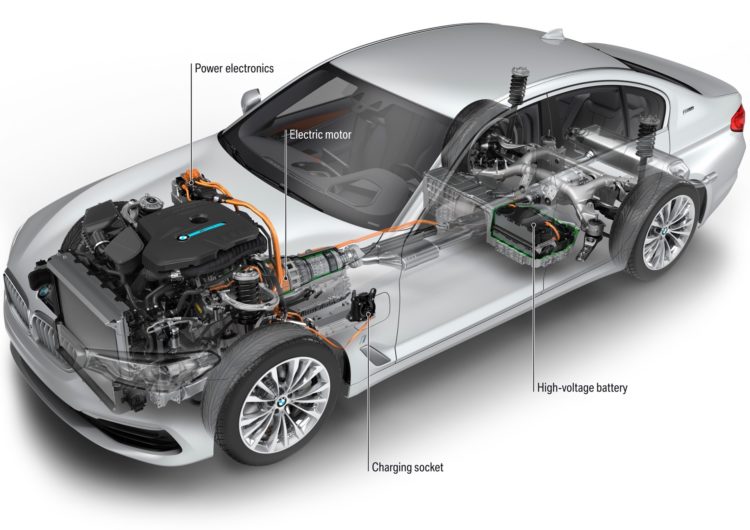
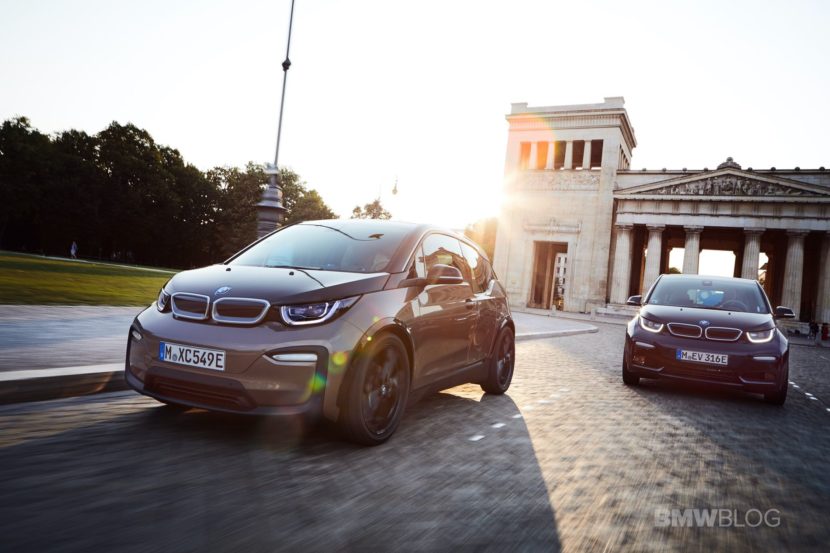
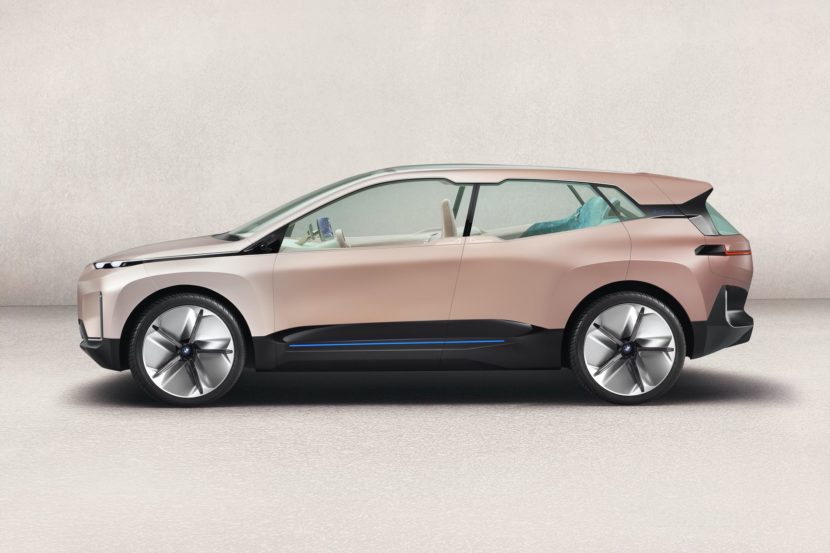
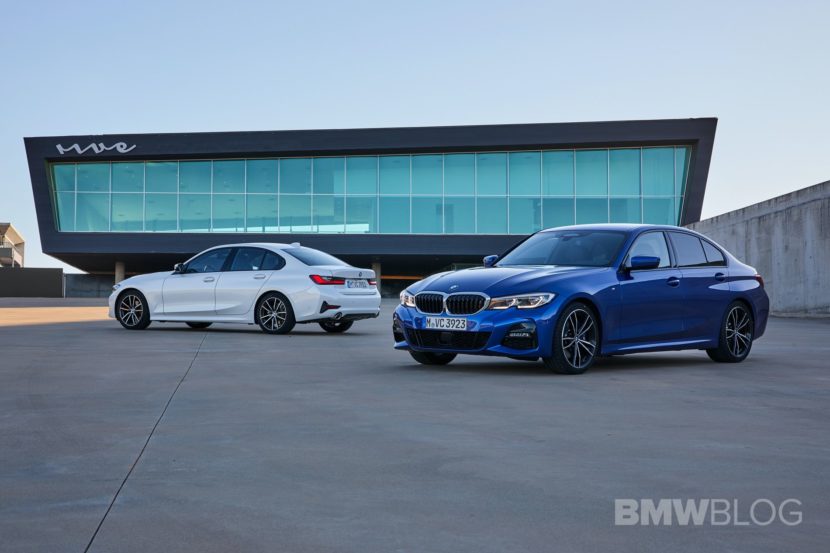
Leave a Reply
You must be logged in to post a comment.